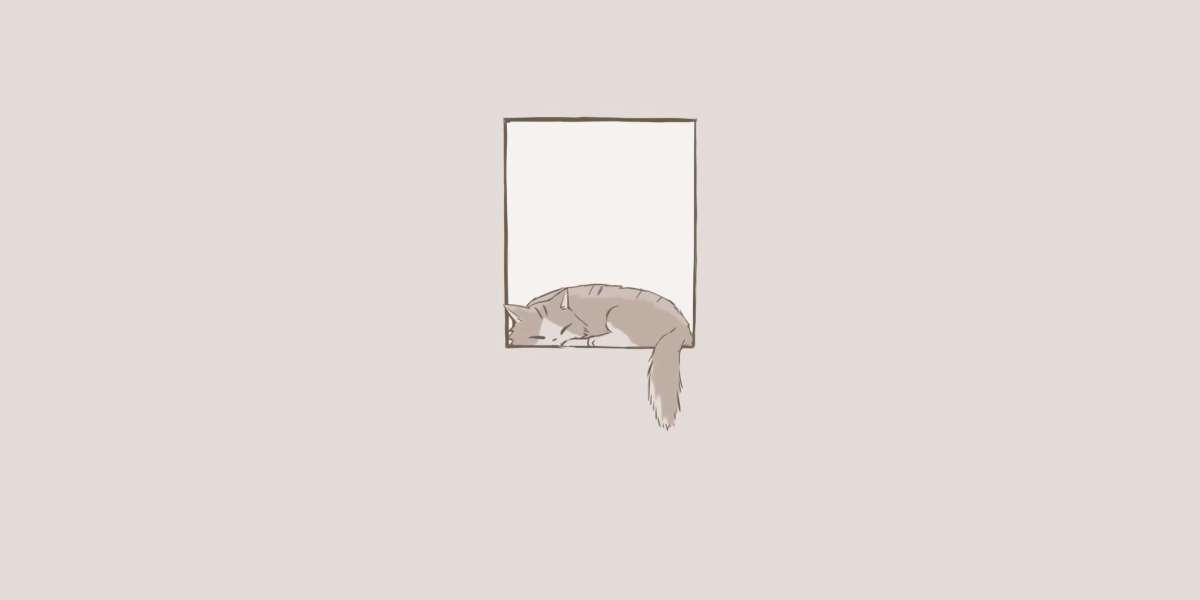From Concept to Creation: A Behind-the-Scenes Look at Custom Metal Casting is a fascinating process that combines artistry, engineering, and craftsmanship to bring intricate metal designs to life. In this blog post, we will delve into the world of custom metal casting, exploring the various stages involved in transforming a concept into a tangible metal creation.

The Art of Design
Every custom metal casting project begins with a concept, an idea that sparks the creative process. Whether it's a sculpture, a decorative piece, or a functional component, the design phase is crucial in determining the final outcome. Skilled designers work closely with clients to understand their vision, taking into account factors such as aesthetics, functionality, and budget.
Using advanced computer-aided design (CAD) software, designers create detailed 3D models of the desired metal casting. This allows for precise visualization and enables clients to provide feedback and make necessary adjustments before moving forward with the production.
Material Selection and Mold Making
Once the design is finalized, the next step is selecting the appropriate material for the custom metal casting. Various metals can be used, including bronze, aluminum, iron, and stainless steel. Each metal has its unique properties, such as strength, durability, and aesthetic appeal, which must be considered based on the intended purpose of the final product.
After material selection, the mold-making process begins. This involves creating a negative impression of the desired design, which will be used to shape the molten metal. There are different methods of mold making, including sand casting, investment casting, and die casting. Each technique has its advantages and is chosen based on factors such as complexity, quantity, and budget.
From Concept to Creation: Pouring and Finishing
With the mold ready, it's time for the exciting stage of pouring the molten metal. Skilled foundry workers carefully heat the chosen metal to its melting point and pour it into the mold. This process requires precision and expertise to ensure the metal fills the mold completely and evenly.
Once the metal has cooled and solidified, the mold is removed, revealing the rough casting. At this stage, the metal may require additional finishing processes to achieve the desired appearance and quality. These processes can include grinding, sanding, polishing, and even patination to create unique surface textures and colors.
From Concept to Creation: Quality Assurance and Delivery
Before the custom metal casting is considered complete, it undergoes rigorous quality assurance checks. Skilled craftsmen inspect the casting for any defects, such as porosity, cracks, or imperfections. If any issues are found, they are addressed through various techniques, such as welding or reworking the surface.
Once the final product meets the highest standards of quality, it is carefully packaged and prepared for delivery. Custom metal castings can be shipped to clients worldwide, ensuring that their vision is brought to life, no matter where they are located.
In conclusion, custom metal casting is a captivating process that combines artistry, engineering, and craftsmanship to transform concepts into tangible metal creations. From the initial design phase to the final quality assurance checks, every step is crucial in ensuring the creation of a high-quality and visually stunning piece. Whether it's a sculpture, a decorative item, or a functional component, custom metal casting offers endless possibilities for creating unique and personalized metal works of art.








